Food for Life believes strongly that food in its purest form can speak all languages. It has the power to unite and heal, and more importantly, create real peace and prosperity in the world. We feel that such food, given in a spirit of love, is the solution to all problems. Simply because food is central to every cultural gathering, every spiritual holiday, every ritual, every battle, every celebration, and of course, without food, there is no meaning or future for any family. Thanksgiving, therefore, should be a day that highlights the importance of food in our lives and how much it is critical to our physical, mental, and spiritual health. By eating flesh on this day, we in effect defile this day and lose touch with the very essence of our life. For by taking the life of another, we offend God’s creation and abuse the blessing of what human life affords us. Instead of eating a turkey, Instead of consuming turkeys, consider inviting them to share in the spirit of Thanksgiving, treating all creatures with kindness and respect.
The Farm Animal Reform Movement (FARM) has this to say:
Abusing and killing an innocent bird betrays the life-affirming spirit of giving thanks for our life, health, and happiness. The nearly 300 million turkeys killed each year in the U.S. spend their entire lives crammed in large sheds with little room to move. Artificially inseminated and selectively bred to gain enormous amounts of weight, they suffer heart attacks, broken limbs, lameness, and death from their genetically-induced accelerated growth rate. Most of these same conditions apply to “free range” turkeys.
It’s time to reconsider our traditions and embrace a more compassionate approach that aligns with the true spirit of gratitude and respect for all life.
Swami Prabhupada, founder of Food for Life, taught that the cycle of violence, including wars, is linked to the harm we inflict on animals, advocating for a peaceful coexistence. “It is karma,” he explained. Prabhupada offered a reason, which he repeated in books and lectures. For example, he wrote in a Shrimad Bhagavatam commentary to 4.26.5:
In this age of Kali, the propensity for mercy is almost nil. Consequently, there is always fighting and wars between men and nations. Men do not understand that because they unrestrictedly kill so many animals, they also must be slaughtered like animals in big wars. This is very much evident in Western countries. In the West, slaughterhouses are maintained without restriction, and therefore every fifth or tenth year, there is a big war in which countless people are slaughtered even more cruelly than the animals.
In lectures, Prabhupada would express himself more emotionally, as in this one in Los Angeles in 1973:
The desire is never satiated that “You have killed so many animals. Now you don’t—” No, he will go on, go on killing, killing, killing, killing, killing, killing. He is never satisfied, “Now I have killed so many. No more, stop.” No, there is no stoppage. . . . The injunction is “Thou shalt not kill,” but he will kill and kill and kill and kill, and still, he wants to be satisfied. Just see. The Bible says, “Thou shalt not kill,” and they are simply engaged in killing business, and still they want to be happy. . . . Therefore, Krishna says, “Yes, you will be killed by an occasional world war. You must be killed. You have created this situation. You must be killed. You may be American or English or German or this or that. You may be very proud of your nationality. But you must be killed.” This is the position. Ishvarasya viceshtitam [the will of the Lord]: “You have killed so many animals. Now wholesale killing, one bomb. One atom bomb. Be killed.”
On days like Thanksgiving, the collective impact of our actions is magnified, urging us to consider the broader consequences of our traditions and strive for a more harmonious future. There may not be much we can do to change the collective karma of the American public, but if we choose to reject these bogus killing traditions, we can at least feel satisfied that we did not contribute to the chaos that is being created day after day, and we will be one step closer to perfecting our human lives and becoming self-realized.
FAQ
Q: What is the traditional food served on Thanksgiving?
A: Traditionally, Thanksgiving meals include turkey, stuffing, mashed potatoes, cranberry sauce, and pumpkin pie. However, many people are now exploring plant-based alternatives to align with a more compassionate approach to the holiday.
Q: Why is Thanksgiving controversial?
A: Thanksgiving is controversial due to its historical context, which involves the mistreatment of Native Americans. Additionally, the mass slaughter of turkeys for the holiday has raised ethical concerns.
Q: How can one celebrate Thanksgiving more compassionately?
A: To celebrate Thanksgiving compassionately, consider preparing plant-based meals, reflecting on the holiday’s history, and focusing on gratitude and kindness towards all living beings.
Q: What is the significance of Thanksgiving?
A: Thanksgiving is significant as a time to express gratitude and spend time with loved ones. It also serves as an opportunity to reflect on historical events and consider more ethical traditions.
Q: How does Thanksgiving impact health?
A: Traditional Thanksgiving meals can be high in calories and fats, contributing to health issues like obesity and heart disease. Opting for healthier, plant-based options can improve well-being.
Q: What is the role of Food for Life in Thanksgiving?
A: Food for Life promotes the idea of sharing pure, plant-based food with love and respect for all creation, encouraging a Thanksgiving celebration that aligns with these values.

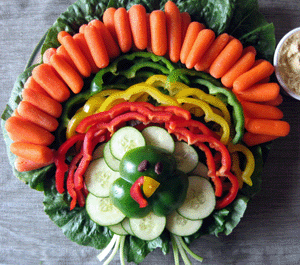
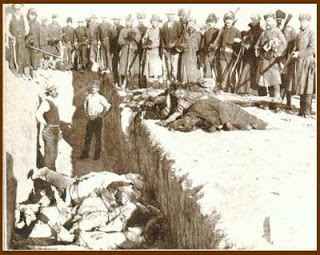

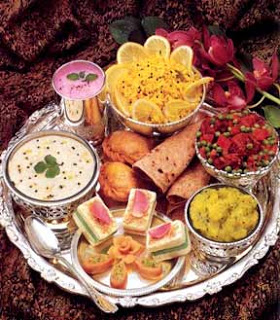
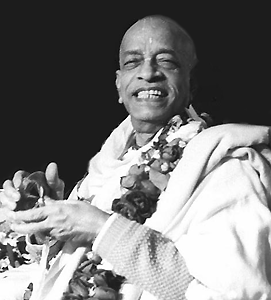
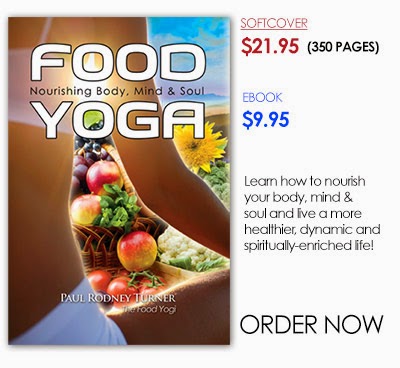
Leave a Reply
You must be logged in to post a comment.